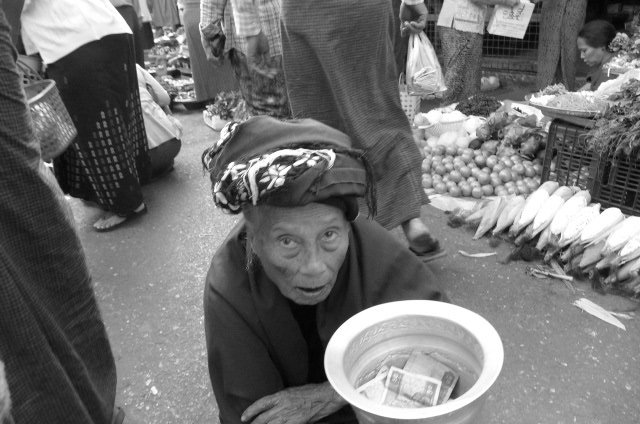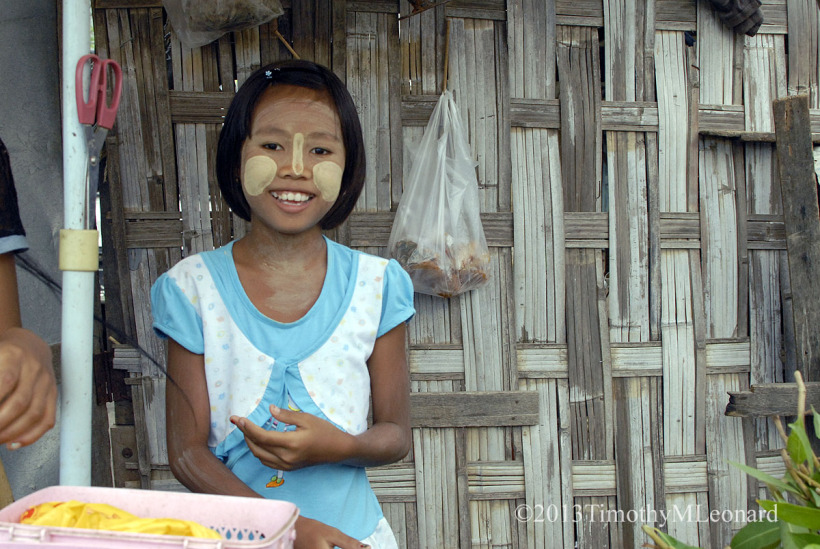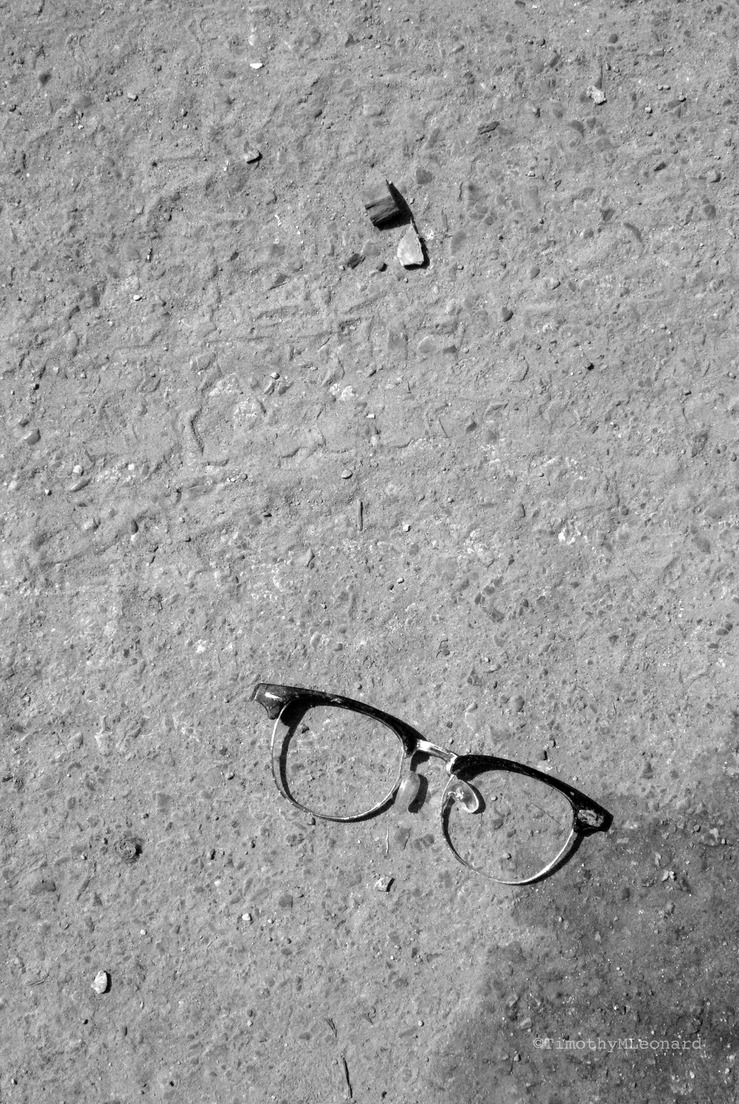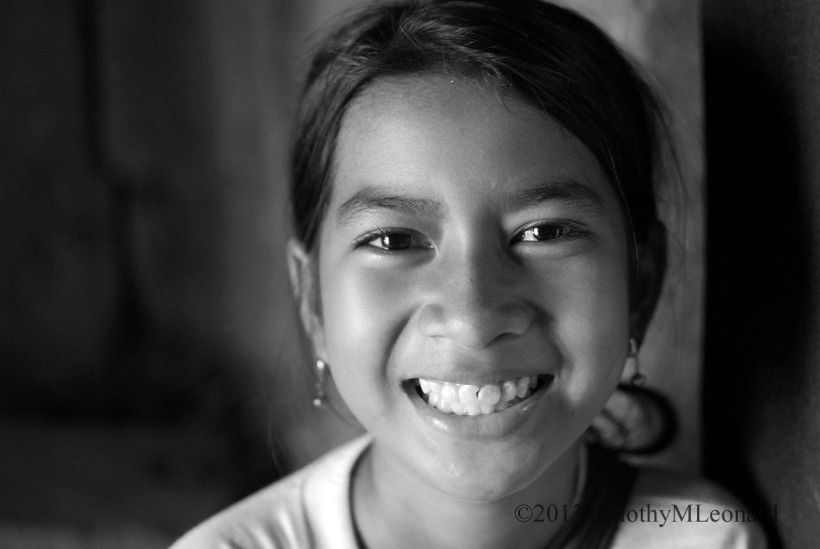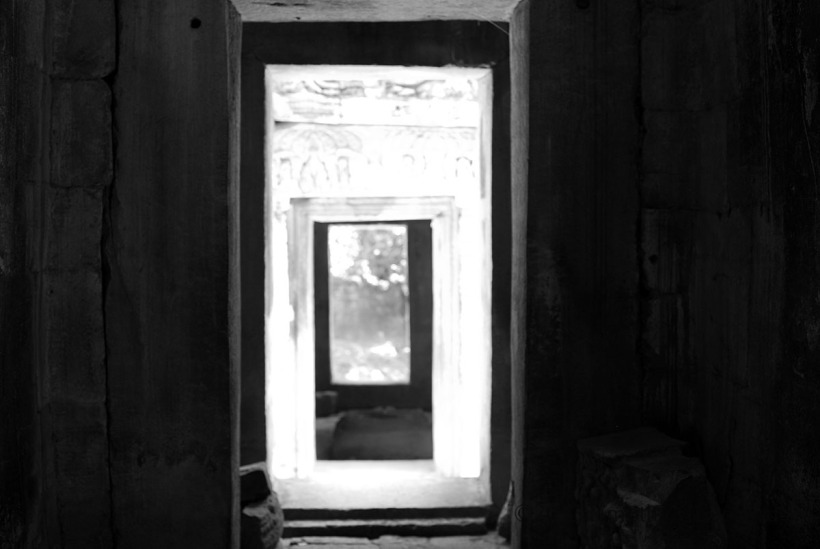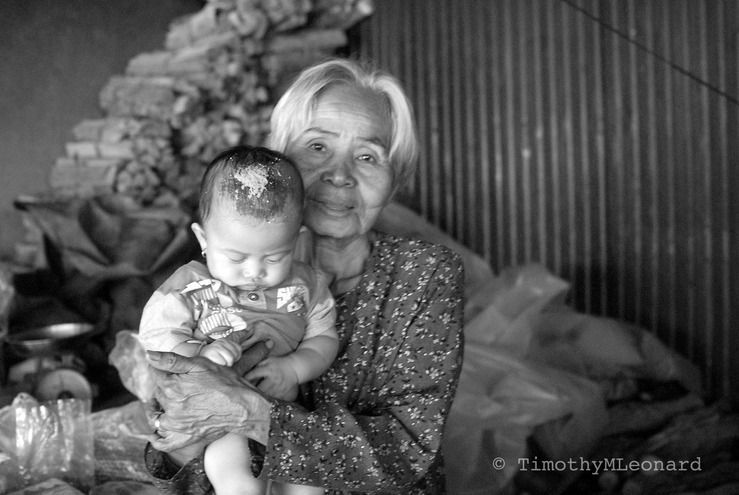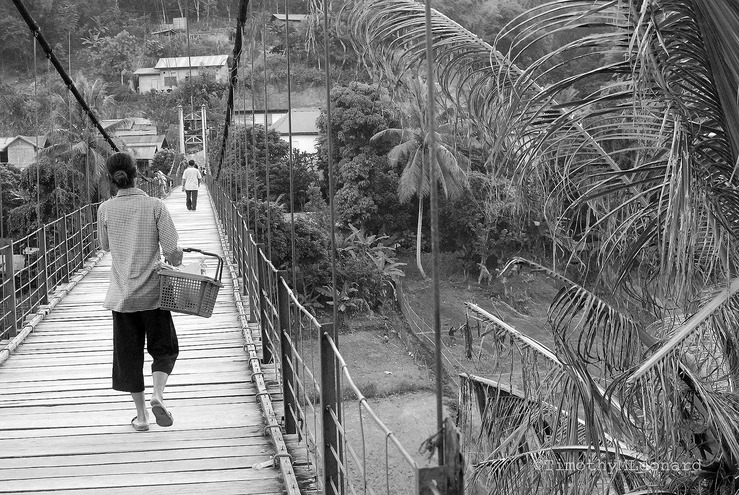Going To Graz
“Take a good look at me!
I am an idiot, I am a clown, I am a faker.
Take a good look at me!
I am ugly, my face has no expression, I am little.
I am like all of you!”
- Tristan Tzara
*
After a month in Cadiz I needed solitude for winter writing. Patricia opened a provincial map. She pointed out coastal towns. “Villages full of Germans this time of year. It depends on what you want.”
She highlighted areas and small towns north of Cadiz like Arcos de la Frontera, Bornos, Villamartin, and Prado del Ray.
She pointed to a village named Grazalema. It was in the Sierra National Park and a UNESCO Biosphere Reserve with 146 species of birds, tracts of Pinsapar Fir and climbing opportunities. “This is also a beautiful area. One of my favorites but it will be cold there this winter.”
“Thanks for your help. I like the sound of Grazalema. I’ll live there for three months before returning to Morocco.”
“My pleasure. Good luck.”
One Romani said adios to another Romani. I carried my pack and word machine past the San Francisco cathedral where men fitted fragmented dolomite stones into puzzles.
Tanned people drank coffee or red wine watching muscular workers string plumb lines and hammer beat up rocks into passive submission. A priest in religious shadows fingered rosary beads waiting to hear sinners release imaginary guilt.
Hammer music faded as I traversed passages to a park where a bronze Spanish hero on horseback waving a sword dripping blood proclaimed freedom and a constitution in 1812.
Transatlantic shipping vessels with the word FAST loaded at a dock. The Canary Islands were two days away.
A harbor billboard extolled CONSUME.
Adjusting my antenna I heard Sonny Boy blowing his harp, “If you don’t help me darling I’m gonna have to find me somebody else.”
The COMES bus wound north passing olive and cork trees, crumbling stone homes disintegrating to earth, tilled soil and walled estates. Giant black steel bulls advertising local sherry guarded hills overlooking highways. Bulls, sheep and cows grazed in fields. Moorish castles hovered above old Roman roads.
Men manipulated shovels, small dump trucks, cement mixers, wheelbarrows, chisels and hammers. They heaved, hauled and sweated as homes and businesses consumed fields. They attached stones to existing structures. Roman stonewalls married Moorish stonewalls.
Adults were big kids assembling life projects to authenticate their being.
Bread, water, lentil soup, ham, cheese and olives dressed mid-day tables with a siesta for dessert.

Yangon, 2015
In Algodonales I negotiated a ride past Zahara de la Sierra into rising mountains. The abandoned castle sat on a pinnacle above fields and three lakes.
The Almohads, a strict Berber sect from Morocco, built Zahara in the 8th century. It fell to Castilian prince Fernando de Antequera in 1407 and was recaptured in a night raid in 1481 by Abu-al-Hasan from Granada.
Spanish anarchists, bandits and literary outlaws in exile used it as a hideout in the 19th century.
The high vertical mountain pass at 1300 meters was Puerto de los Palomas or Dove Pass. Doves did not live there. Egyptian vultures ruled skies.
The narrow hairpin mountain road wove through clouds, rain and snow as plateaus, rivers, lakes and forests disappeared in fog. A disembodied spirit floated.
ART
Adventure, Risk, Transformation - A Memoir
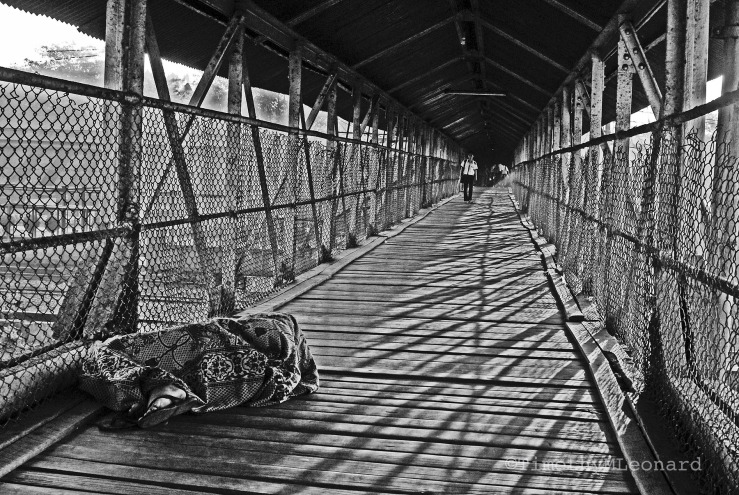
Yangon, 2015






 Share Article
Share Article 